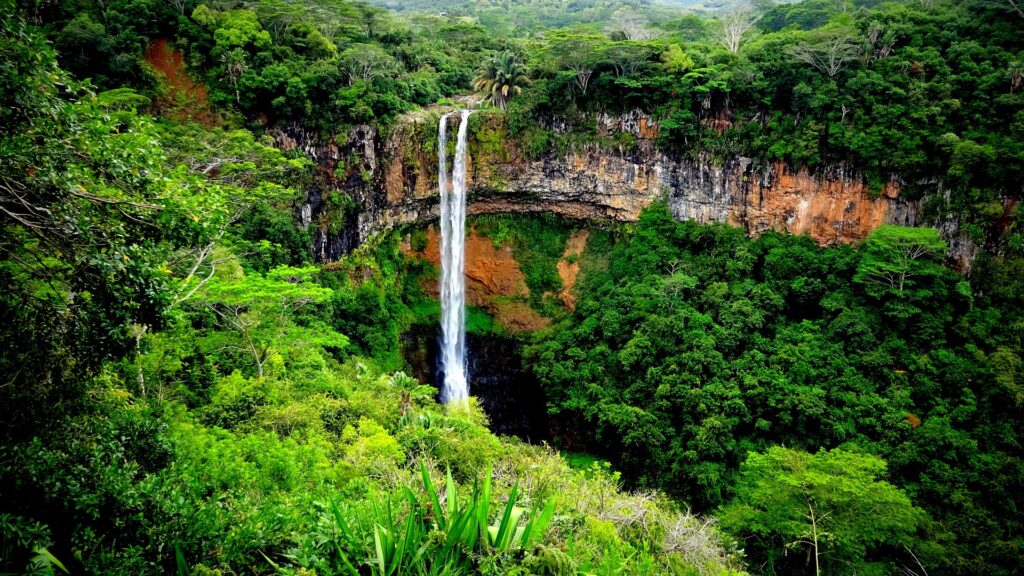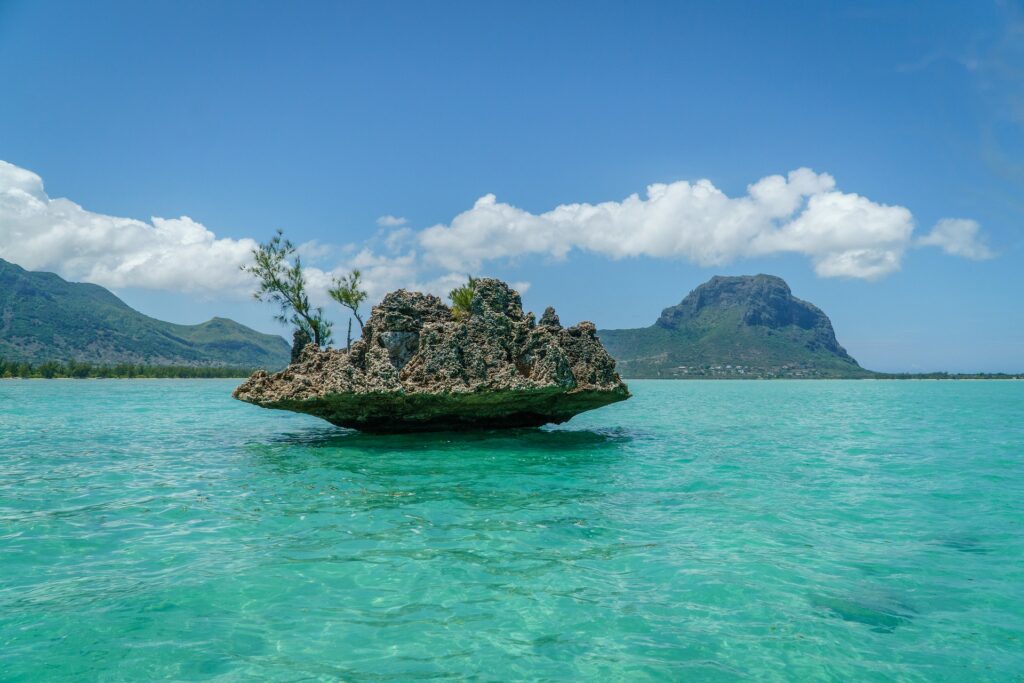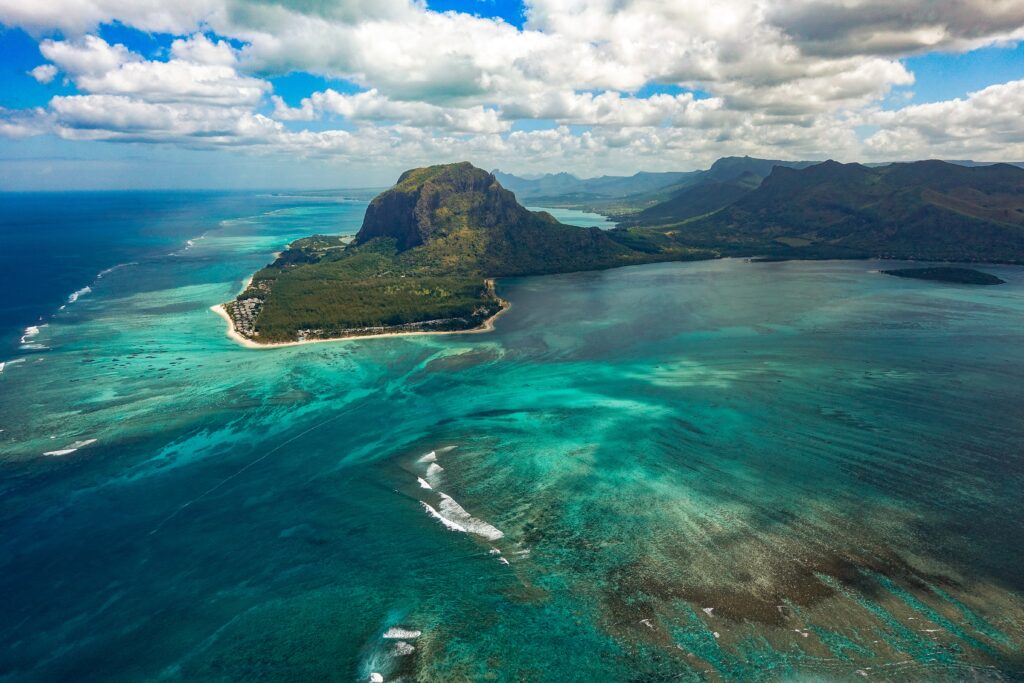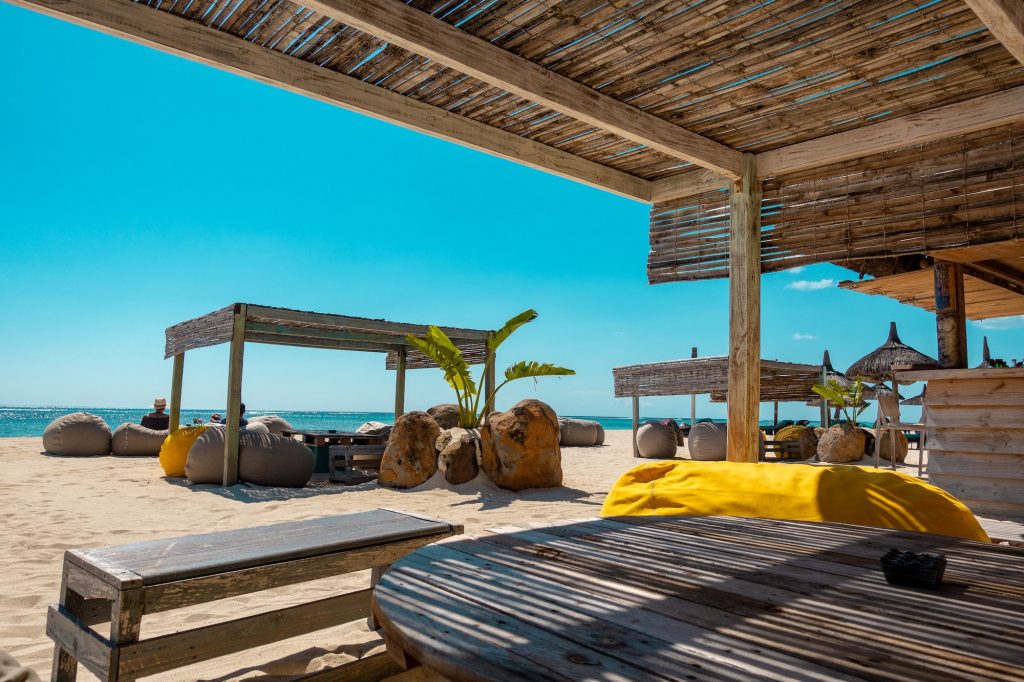Why LGBTQIA+ Travelers Should Be Cautious About Visiting Progressive Mauritius
Mauritius is a very open and accepting island. Nevertheless, there are some things to be aware of if you are a member of the LGBTQIA+ community and you’re traveling to this country.
On one hand, much of the population is young and progressive, as gays and lesbians are legally protected from discrimination, and individuals have a constitutionally guaranteed right to privacy. A few years ago, Mauritius signed the United Nations Declaration on Sexual Orientation and Gender Identity, which condemns acts of violence and discrimination against LGBTQA+ people, and is one of 96 countries to do so. However, “sodomy” is still technically “illegal”.

With that being said, this draconian “sodomy law” is rarely imposed, due greatly to LGBTQIA+ people’s right to privacy. Unless travelers plan to participate in “outdoor activities” and put themselves at risk of being caught in the act of sex, there should be nothing for queer travelers to be concerned about in that regard.
While ‘gay life’ in Mauritius still remains fairly discreet, mainly existing on the internet, in private, and at occasional private parties and events, the resorts are welcoming and non-discriminatory to all. Mauritius is not known for its nightlife, so there aren’t even many straight clubs and bars on the island. While the number of LGBTQIA+ bars or clubs on the island is slim to none, there have been reports of monthly underground club nights organized by text message. La Mariposa, close to Tamarin, is the only place that openly advertises itself as gay-friendly.
For members of the LGBTQIA+ community traveling to Mauritius, there seems to be very little to be concerned about overall. There have been no reported problems arising from queer couples sharing hotel rooms in recent years. There also seems to be an increase in accepting attitudes towards LGBTQIA+ people among Mauritius’ population in recent years, with polls indicating that Mauritius is one of Africa‘s most queer-friendly countries. However, conservative attitudes about LGBTQA+ people are still common amongst locals, so people who live there can still experience discrimination and bullying when coming out or accessing healthcare.

(Photo Credit: DerBub from Pixabay)
It is advised that all travelers avoid public displays of affection outside of your hotel, and to generally be aware that what might be entirely standard in your home country may not be viewed as such to some in Mauritius.
With this said, it is very important to note that when you’re in Mauritius you’ll be made to feel welcome. The Mauritians are very hospitable, and they understand how vital the tourism trade is to their economy. When it comes to LGBTQ+ rights in Africa, Mauritius remains one of the safest countries you can visit. And if you’re spending your money there you will be accepted, no matter your sexual orientation or gender identity.

Check out this website for more information about LGBTQIA+ travelers visiting Mauritius.



